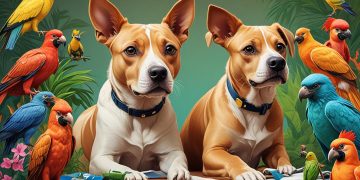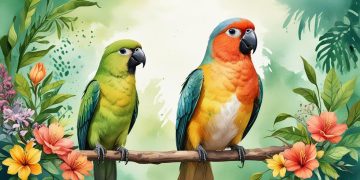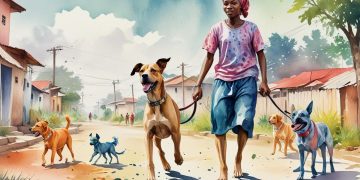This guide explores the joys of pet birds for Nigerian families, highlighting their emotional support, affordability, and low space requirements. It covers popular species, care essentials, and the numerous benefits, such as enhanced learning and community engagement, fostering rewarding relationships between families and their feathered friends.









